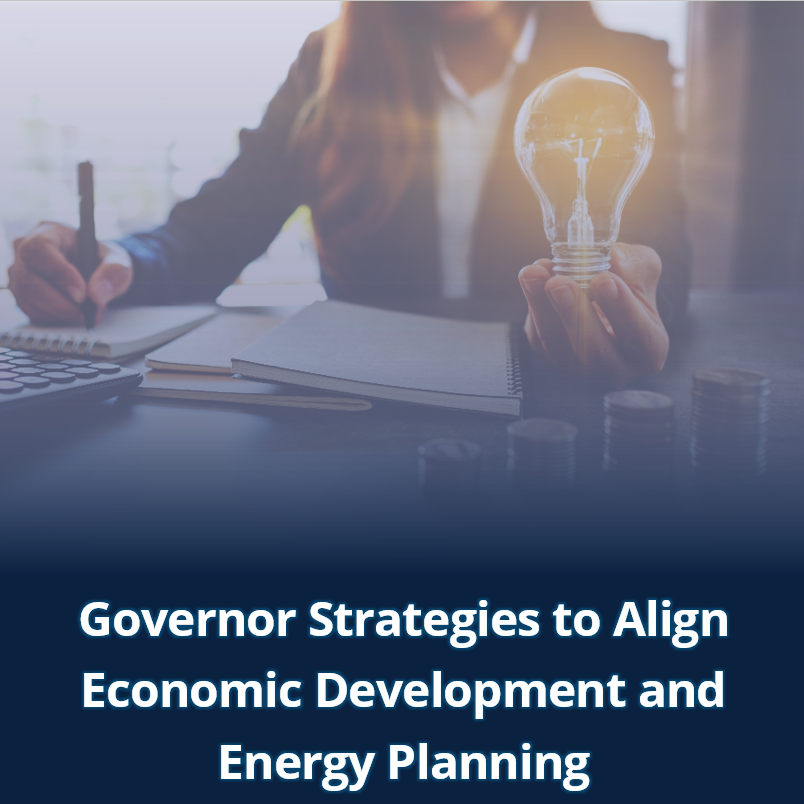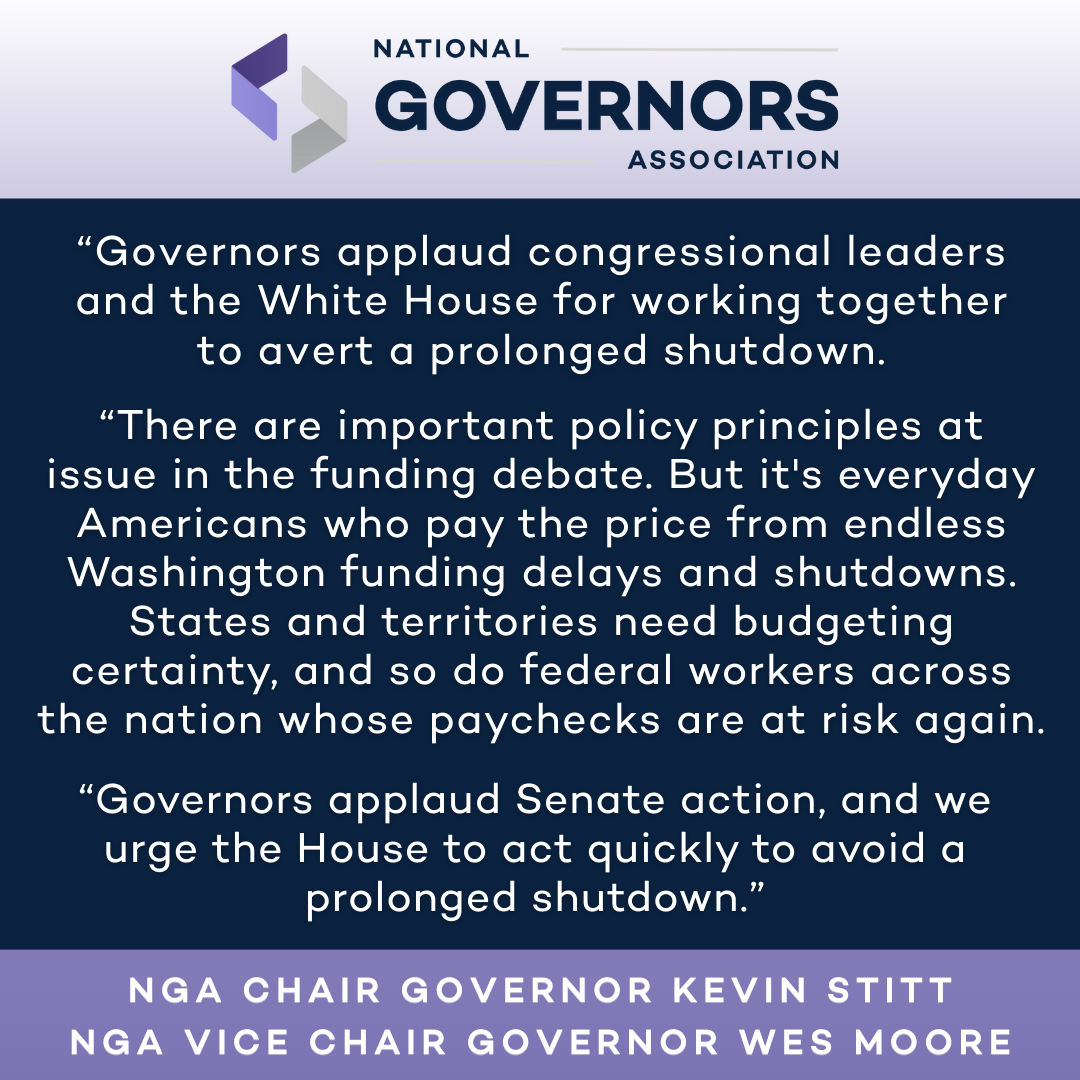On Tuesday, June 3, the National Governors Association hosted its monthly briefing for Governors’ legal counsel which discussed gubernatorial appointment powers and procedures.
Gubernatorial appointment authority is a fundamental component of state executive power, enabling Governors to fill a wide range of public offices across the executive, judicial, and independent administrative branches. These appointments play a critical role in the execution of state laws, the implementation of public policy, and the overall functioning of state government. The scope and structure of gubernatorial appointment powers vary by state or territory, but are typically designed to balance executive discretion with legislative oversight and institutional accountability.
The legal basis for appointment authority is grounded primarily in state constitutions, which often outline the Governor’s general power to appoint executive officials and to fill vacancies. In addition to constitutional provisions, a substantial portion of appointment procedures and limitations are established by statute. These laws may define the offices subject to appointment, require legislative or council confirmation, set term limits or qualifications, and impose political balance or merit-based requirements—particularly for boards, commissions, and judicial positions. Appointment practices are also shaped by caselaw, Attorney General opinions, or long-standing administrative norms.
Governors are authorized to appoint a wide range of offices or positions, though there is significant variation in both scope and substance. These appointments may include high-level executive branch officials, agency heads, judges, members of boards and commissions, and in some cases, local officials, or temporary legislative appointments. Gubernatorial authorities to fill vacancies also vary widely across states. Governors are often tasked with filling vacancies and appointing interim officials from the U.S. Senate or House of Representatives, statewide constitutional officers, state legislative representatives, or locally elected officials. These appointments are usually temporary until the next general or special election takes place.
As mentioned, the breadth of appointment authority differs considerably by state, depending on constitutional design, statutory frameworks, caselaw, and historical practice. Depending on the position or type of appointment, a Governor may hold unilateral appointment power. For others, appointments may require legislative confirmation, be drawn from a nominating commission, or be subject to shared authority with other state officials. Confirmation and advice requirements from the Senate or legislative body is often required for key positions, such as agency heads, judges, or certain board/commission members. Some states utilize an Executive Council or separate body to confirm appointments.
A Governor’s legal counsel plays an essential role in navigating complex legal frameworks associated with gubernatorial appointment authorities. Counsel may be responsible for advising on the constitutional and statutory boundaries of appointment authority, ensuring compliance with procedural and ethical requirements, reviewing potential conflicts of interest, advising on judicial appointments, or coordinating with legislative bodies or confirmation authorities as needed. Legal counsel may also help safeguard the integrity and defensibility of appointments by guiding vetting processes, interpreting relevant caselaw or advisory opinions, and providing strategic advice on timing, documentation, and legal risks associated with particular appointments.
NGA holds monthly briefings for Governors’ legal counsel. Please reach out to Lauren Dedon (Ldedon@nga.org) for additional information.












